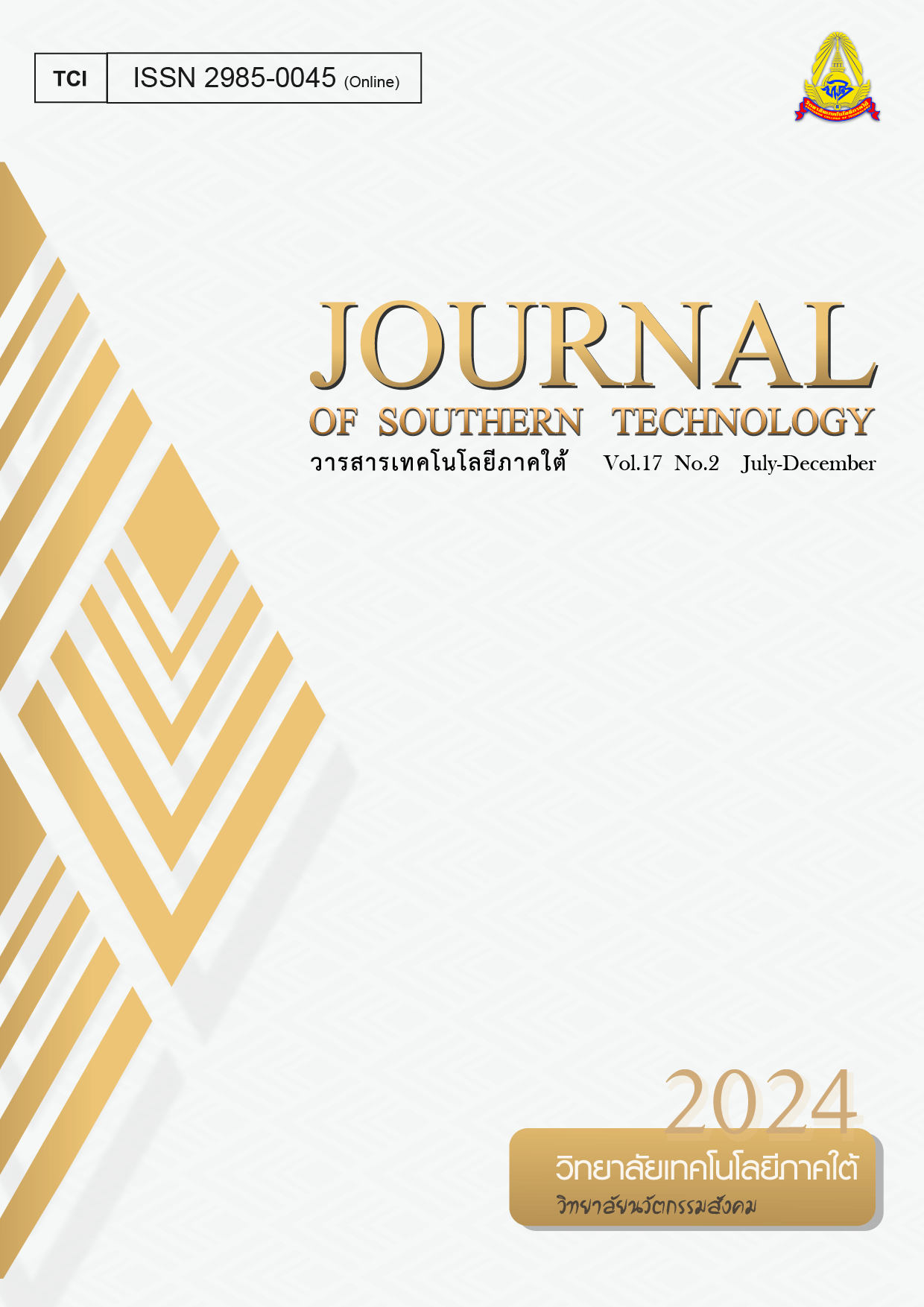Integrated Knowledge in Tourism System
Main Article Content
Abstract
The objective of the article was to explore the explanation of tourism extra- disciplinarity in the tourism system framework which begins with two philosophical concepts: ‘Ontology’ and ‘Epistemology’ which are the advent of “Hard Sciences” and “Soft Sciences” and the expansion of several other disciplines. According to the “Tourism and Hotel Discipline Qualifications Framework” announced by Office of Higher Education Commission (OHEC) in 2010, educational institutions have improved their curriculum and better learning management in this field. However, there remain questions about the clear academic nature of tourism discipline that plays a crucial role in the development of demand and supply in tourism system. The findings based on the analysis and synthesis of literature review revealed that tourism is an extra discipline that applied principles, concepts and theories from the fields of science, social sciences, humanities and arts, indigenous knowledge, values-based knowledge, and problem-centered knowledge, which were then synthesized and integrated to align with the context of the studied research area. They were also surveyed and experimented obtain new body of knowledge in the field of tourism that can be used to promote and develop the tourism demand and supply or serve as a model for developing tourism system that is interconnected, which will result in strengthening and modernizing Thailand's tourism industry.
Article Details

This work is licensed under a Creative Commons Attribution-NonCommercial-NoDerivatives 4.0 International License.
-
Authors must agree to the journal publication rules and allow the editors to edit the manuscripts for publication.
-
Author’s right belongs to the author but Journal of Southern Technology holds the right of first publication and thus allow readers to use the article for the purpose of education but not commercial.
References
Dickman, S. (1996). Tourism: An Introductory Text. (2nd ed). Sydney: Hodder Education.
Office of the Permanent secretary for Higher Education, Science, Research and Innovation. (n.d.). Total Qualification Framework for Bachelor Degree in Tourism and Hotel B.E. 2553 Program. Bangkok: Ministry of Higher Education, Science, Research and Innovation. [in Thai]
Palakavongse Na Ayuthya, P., & Pimonsompong, C. (2017). The development of professional standards for hotel employees in Thailand. Journal of Southern Technology, 10(2), 1-8. [in Thai]
Phothisita, C. (2019). Science and art, Qualitative Research: Student and Researcher Guide to Social Sciences (8th Printing). Bangkok: Amarin Printing and Publishing Public Company Limited. [in Thai]
Pimonsompong, C. (2023a). Tourism system: becoming an industry. Journal of Southern Technology, 16(1), 135-148. [in Thai]
Pimonsompong, C. (2023b). Tourism system: driving through hospitality. Journal of Southern Technology, 16(2), 119-129. [in Thai]
Pritchard, A., Morgan, N., & Ateljevic, I. (2011). Hopeful tourism: A new transformative perspective. Annal of Tourism Research, 38(3), 941-963. [in Thai]
Trachoo, T. (2015). The Approach for Maintaining the Major Existing International Tourist Market of Thailand: Case Study Japanist Market (Master’s Thesis). Naresuan University, Phitsanulok Province. [in Thai]
Trachoo, T., & Pimonsompong, C. (2021). The development of adaptability competence of Thai tour business to respond tourism demand in digital age. Journal of Southern Technology, 14(1), 14-23. [in Thai]
Tribe, J., & Liburd, J.J. (2016). The tourism knowledge system. Annals of Tourism Research, Elsevier, 57, 44-61. [in Thai]

